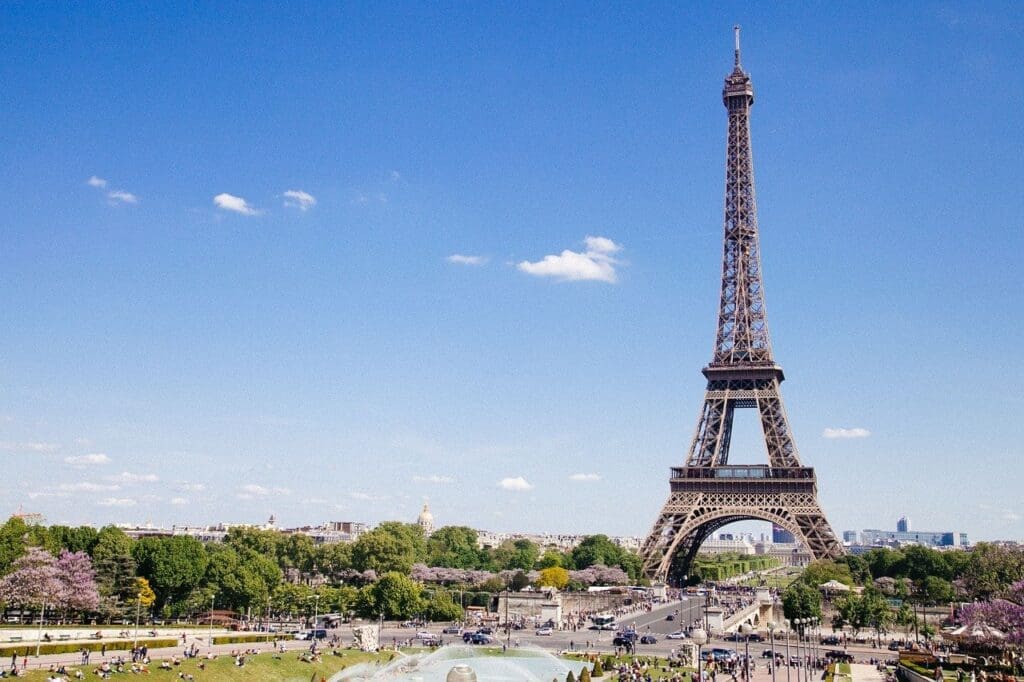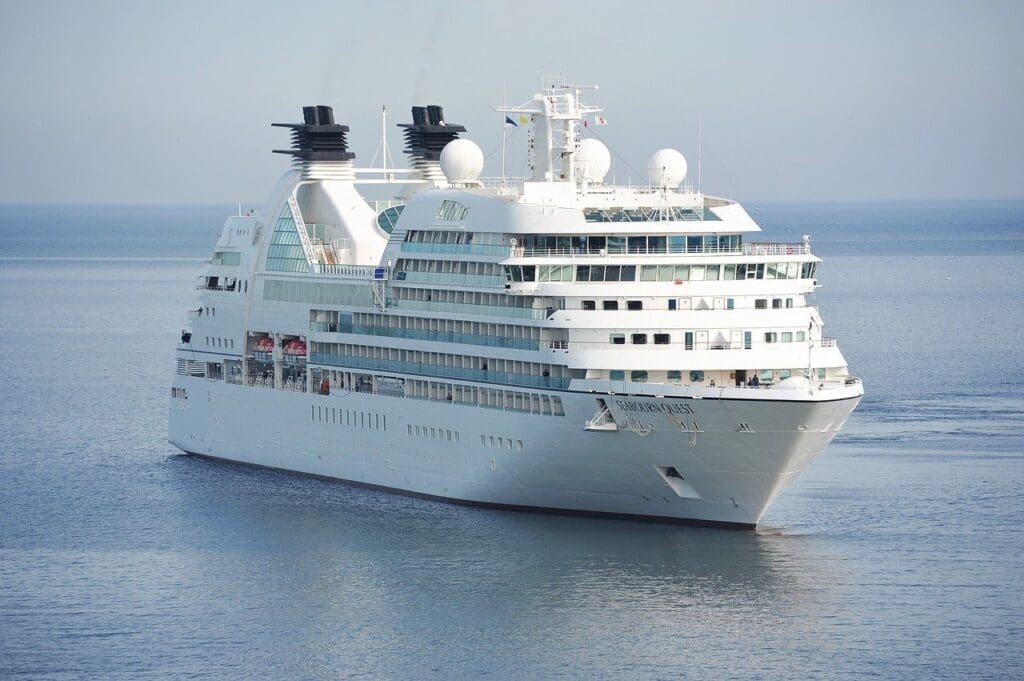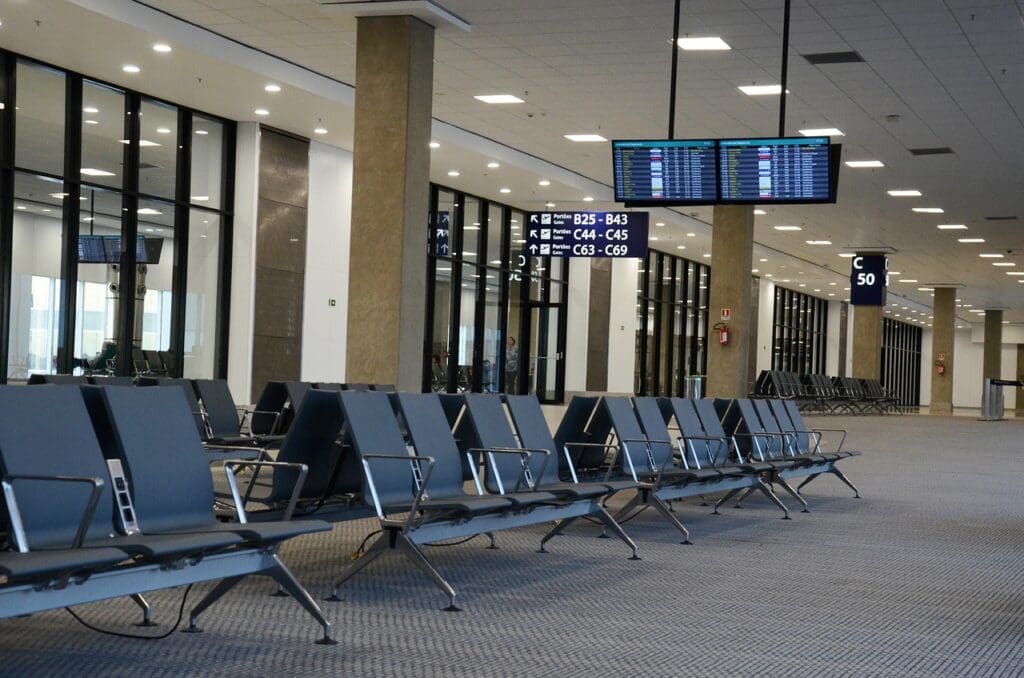Although the pandemic has affected virtually every aspect of the world’s economy, the tourism industry has been hit especially hard. The reasons for this are apparent. Travel restrictions mean that scheduled vacations have been canceled. Those who love to travel throughout the year have been stuck at home. While the tourists themselves have saved money due to canceling their trips, tourism-based businesses have suffered immensely.
It’s important to remember that not all tourism companies are massive corporations with billions of dollars to spare. Families with few resources run many small businesses in the tourism industry. These individuals depend on incoming tourists, and the sudden cessation of all travel has taken a significant toll on these individuals. In many cases, these family-run businesses use the money earned within just a few busy seasons to get them through the entire rest of the year. While it’s true that governments have offered these small businesses financial assistance, it’s often not enough. Many have gone bankrupt.

So what does tourism market research tell us about this issue? What’s really going on within the tourism industry today? Is there a light at the end of the tunnel? Will these businesses ever fully recover from lockdowns and travel restrictions? In this article, we’ll explore all of the various considerations at play. While no one knows what will happen in the future, the available information can provide clues about what is about to unfold.
The Statistics
First, let’s examine what the broad data tells us about the tourism industry during the pandemic. The first thing we need to consider is the total amount of spending. In 2020, travel spending amounted to just $679 billion – a 43% decrease compared to 2019. Looking at international travel alone, there was a 76% decrease. This means that more people are traveling domestically than internationally, which makes a lot of sense. The data also suggests that the tourism industry started to rebound in April of 2020, albeit in a slightly inconsistent manner.
Out of all US states, Hawaii suffered the most significant losses, with a 60% reduction in travel-related income. Mississippi suffered the least, with a negative impact of just 26%. Only 3% of hotels were occupied in April of 2020 in Austin, Texas. All told, the United States suffered a cumulative loss of $492 billion from the beginning of March 2020 until the end of the year.
But what about global losses? When we take a step back from the United States, we see that during 2020, the entire international tourism industry lost well over $753 billion in tourism revenue. Some notable examples include Macau, one of the world’s top gambling hotspots. Forced to close for 15 days in February of 2020, Macau suffered a revenue drop of 88% compared to the previous year. This was the worst loss ever recorded in the casino-filled area.
The Cruise Industry


One of the hardest-hit industries within the tourism world is the cruise industry. This makes total sense because cruise ships involve thousands of people crammed together in close proximity. The public was also well aware of the so-called “horror stories” surrounding the cruise industry during the pandemic. Various individuals were stuck aboard cruise ships for long periods of time as governments quarantined them and kept them from docking at their harbors.
The cruise industry’s impact is perhaps even more disappointing when you consider the fact that cruises were becoming increasingly popular in 2019. The industry was going through something of a surge during that year, only to face an estimated $32 billion loss in 2020. It’s important to remember that millions of people around the world depend on the cruise industry – directly or indirectly – for their livelihoods. Aside from those directly employed by cruise lines, many cruise destinations and cities worldwide eagerly await the influx of cruise ship passengers, as they know these individuals are willing to spend money and contribute to local economies. The Caribbean alone receives an estimated $2 billion a year as a result of cruise tourism.
Today, many cruise ships are being literally scrapped as companies try to cover some of their immense losses. Many of these cruise companies are still waiting for permission to set sail once again. Every moment these ships spend in the harbor without passengers represents a significant net loss. These ships must be kept operational and maintained just to stay afloat. Canada has just announced that it plans to continue its cruise ship ban until 2022. This will also affect Alaska tourism, as glacier cruises from Vancouver were previously quite popular.
Many people have understandably predicted a “slow recovery” for the cruise industry. That being said, optimism remains. Investors have been buying up stocks in various cruise companies, suggesting hope or belief that the industry will rebound.
Airlines


In 2020, the aviation industry suffered the “worst year in history” as global passenger traffic decreased by almost 66%. Unfortunately, it doesn’t look like things are getting any better, either. With new strains emerging, the estimated recovery in 2021 could be as little as 13%. In all honesty, it’s not clear what will happen to the aviation industry in the coming years, despite government bailouts.
Final Thoughts
The tourism industry is a significant part of the global economy. While many of us are understandably concerned mostly about what happens in our own backyards, we should also consider the impact on smaller, poorer nations. Many of these nations depend heavily on the influx of wealthy individuals from first-world countries every year. What happens when their tourism industries completely collapse? Could it lead to economic and political instability, and could these issues indirectly affect the United States? In the end, we will have to wait and see.
It’s also important not to lose sight of the human side of the equation. While it’s easy to reduce the tourism industry to statistics and numbers, we should try to remember that there are real people behind these declining numbers and increasing bankruptcies. These are individuals with families and dreams. Sometimes, the data doesn’t communicate these human issues.
Featured Image by Ricardo Guzman from Pixabay




